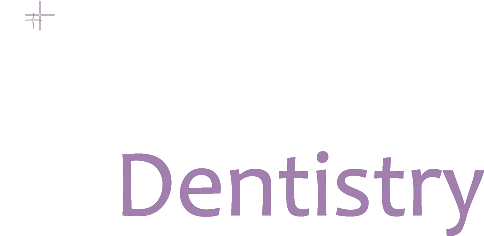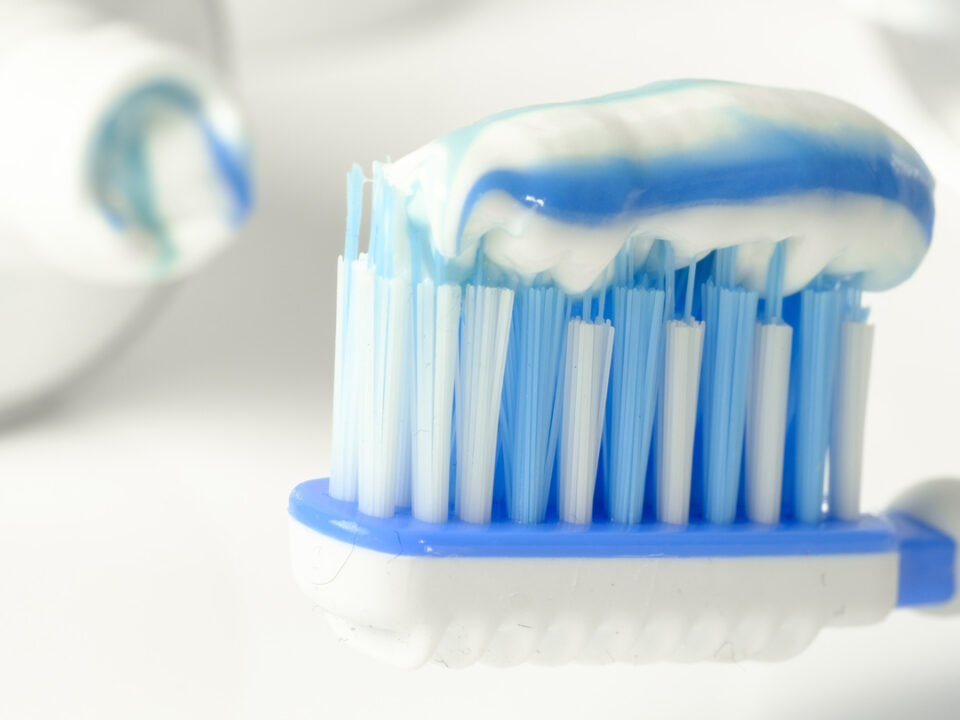Build A Better Oral Routine

5 Dental Myths We Are Busting
August 31, 2021
According to neuro-scientific research habits are composed of three parts – the cue, the routine, the reward. The cue prompts you to do something, the routine is what you do and the reward is why you do it.
For example, skipping your evening teeth routine. The cue would be you want to sleep, the routine is you put on your pajamas, the reward is more time in bed and quicker sleep. The most effective way to change a routine is to keep the reward but change the precursors. So in this case we want to maximize our sleep (the reward) and increase the time we have for teeth cleaning and flossing.
More Rewards:
Reward yourself for milestone achievements – 3 days, 1 week, 2 weeks, 1 month, 2 months. This can be a physical reward and should scale with the milestone. If you hit 2 months continuously reward yourself with a big treat.Chart Your Progress:
Put a chart on your fridge or in another prominent place and tick off every day you achieve your goals. This gives you a great visual cue and lets your track your rewards.Set an alarm:
Set a repeating alarm on your phone to give yourself a cue that it’s time to brush your teeth. Set a reminder alarm five minutes after the first, and then another.Ask for help:
Asking others to remind you and help push you is always a good idea. It will help keep you motivated.Coach Yourself:
One of the best ways to achieve your goals is to coach yourself through them. In our case this can be as simple as thinking about the health and hygiene benefits of brushing and flossing throughout the day.


